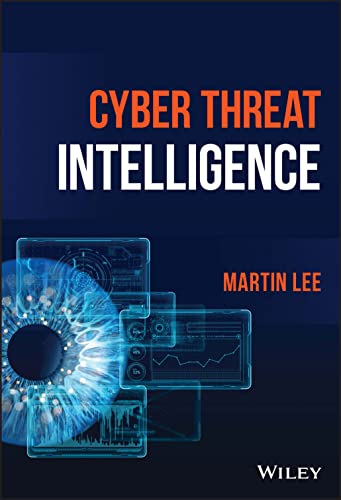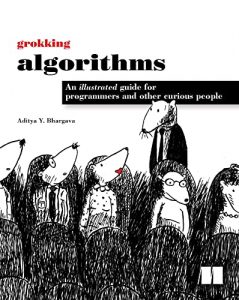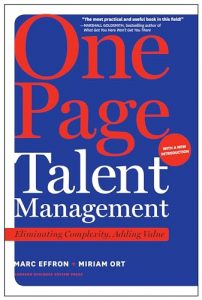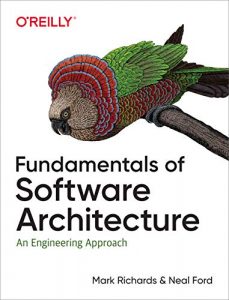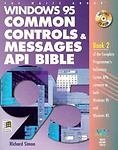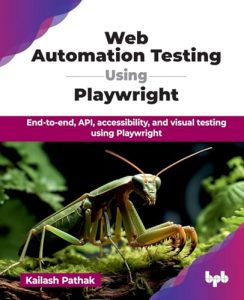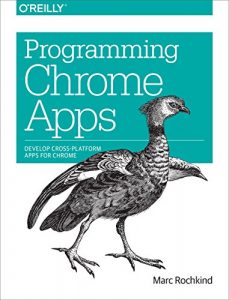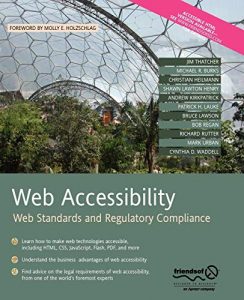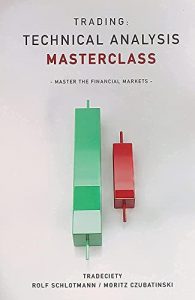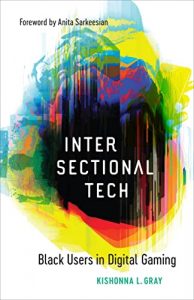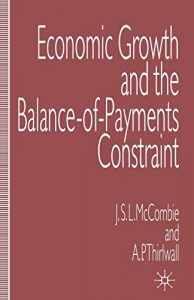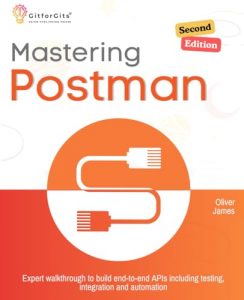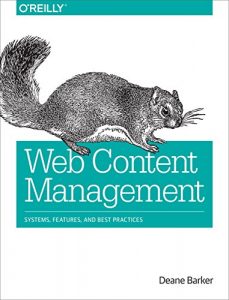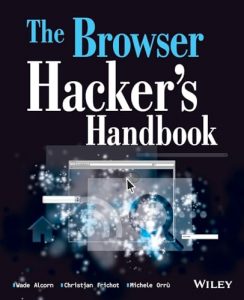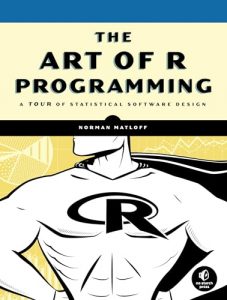1. Cyber Threat Intelligence
Written by Martin Lee, Cyber Threat Intelligence is a comprehensive guide that equips cybersecurity professionals with the necessary tools and insights to understand and counter cyber threats effectively. Each chapter provides a nuanced exploration of threat intelligence concepts, laced with real-world case studies that enhance learning and comprehension. For anyone involved in cybersecurity, this book is an essential resource that bridges theoretical knowledge with practical application. Whether you are a beginner or an experienced professional, Lee’s expertise will guide you through the complex world of cyber threats, making this a must-read.

2. Cyber Threat Intelligence Field Manual (CTI FM)
Authored by Chris Anthony, Cyber Threat Intelligence Field Manual is designed for decision-makers, analysts, and operators across various industries. This practical guide lays out essential frameworks and methodologies in a concise format, ensuring that complex information is accessible to professionals at all levels. The manual dedicates its insights to strategies that foster informed decision-making during crises, making it a vital addition to any cybersecurity toolkit. With actionable advice that speaks to the heart of operational needs, this book is invaluable for anyone looking to enhance their cybersecurity posture.

3. Operationalizing Threat Intelligence
Operationalizing Threat Intelligence, co-authored by Kyle Wilhoit and Joseph Opacki, offers a detailed approach to developing and implementing robust cyber threat intelligence programs. This book is an essential guide for organizations aiming to integrate threat intelligence into their existing security frameworks. The authors provide structured insights on challenges faced in operationalization, accompanied by practical solutions and recommendations. Their industry experience shines through as they walk readers through the nuances of threat data management, making it a must-read for IT professionals and security managers alike.

4. Practical Threat Intelligence and Data-Driven Threat Hunting
Valentina Costa-Gazcón’s Practical Threat Intelligence and Data-Driven Threat Hunting delivers an engaging and hands-on approach to threat hunting using the ATT&CK™ Framework. This guide combines theoretical frameworks with practical applications, illustrating how to leverage open-source tools effectively. Costa-Gazcón empowers readers to evolve their threat detection capabilities through detailed case studies and actionable techniques. This book is indispensable for those wanting to delve deeper into the nuances of threat hunting and fortify their organizations’ defenses against ever-evolving cyber threats.

5. Cyber Threat Intelligence: The No-Nonsense Guide for CISOs and Security Managers
In Cyber Threat Intelligence: The No-Nonsense Guide for CISOs and Security Managers, Aaron Roberts offers critical insights designed specifically for leaders in cybersecurity. This guide demystifies the complexities of threat intelligence, equipping security managers and executives with the knowledge to make informed decisions. The book emphasizes practical strategies that can be implemented immediately to enhance security posture. Roberts’ straightforward approach ensures that even those with limited technical expertise can grasp essential concepts, making it a perfect entry point for decision-makers.

6. Geopolitical Cyber Threat Intelligence
Geopolitical Cyber Threat Intelligence by Robin Dimyanoglu explores the intersection of geopolitics and cybersecurity. In today’s world, understanding political motivations is crucial for predicting cyber threats. Dimyanoglu presents a compelling narrative that connects global events to cybersecurity challenges, making sense of how international relations shape cyber threat landscapes. This book is vital for analysts and decision-makers who require a nuanced understanding of the geopolitical factors influencing cyber operations.

7. Visual Threat Intelligence: An Illustrated Guide For Threat Researchers
Visual Threat Intelligence by Thomas Roccia is an innovative resource that utilizes visuals to communicate complex threat intelligence concepts effectively. This illustrated guide is designed for threat researchers who want to enhance their understanding through visual means. Roccia’s unique approach simplifies complicated information, making it more digestible and actionable. This book not only serves as a practical handbook but also acts as a source of inspiration for future threat analysis, emphasizing the importance of clear communication in cybersecurity.

8. Hunting Cyber Criminals
Vinny Troia’s Hunting Cyber Criminals takes a hands-on approach to the tools and techniques needed for online intelligence gathering. This guide is critical for cybersecurity professionals looking to enhance their threat-hunting capabilities with actionable methods and techniques. Troia’s pragmatic approach demystifies the hacking landscape, providing readers with both theoretical and practical knowledge necessary to track down cybercriminals. This book is an indispensable asset for anyone interested in becoming proficient in hunting cyber threats.

9. Intelligence-Driven Incident Response
In Intelligence-Driven Incident Response, Rebekah Brown and Scott J. Roberts explore the realm of incident response through the lens of intelligence-driven strategies. This book provides a framework for anticipating and mitigating incidents before they escalate into major crises. The authors share their extensive experience, providing practical guidance aimed at security teams. By understanding and utilizing threat intelligence, organizations can significantly enhance their incident response capabilities, making this book an essential read for any security professional.

10. Practical Threat Detection Engineering
Co-authored by Megan Roddie, Jason Deyalsingh, and Gary J. Katz, Practical Threat Detection Engineering is a comprehensive guide to developing detection capabilities. This book dives deep into planning and validating methodologies that will help organizations streamline their security processes. The authors break down complex concepts, ensuring that security engineers across all levels can implement efficient detection strategies. This is an essential read for organizations looking to strengthen their defenses against sophisticated cyber threats.


